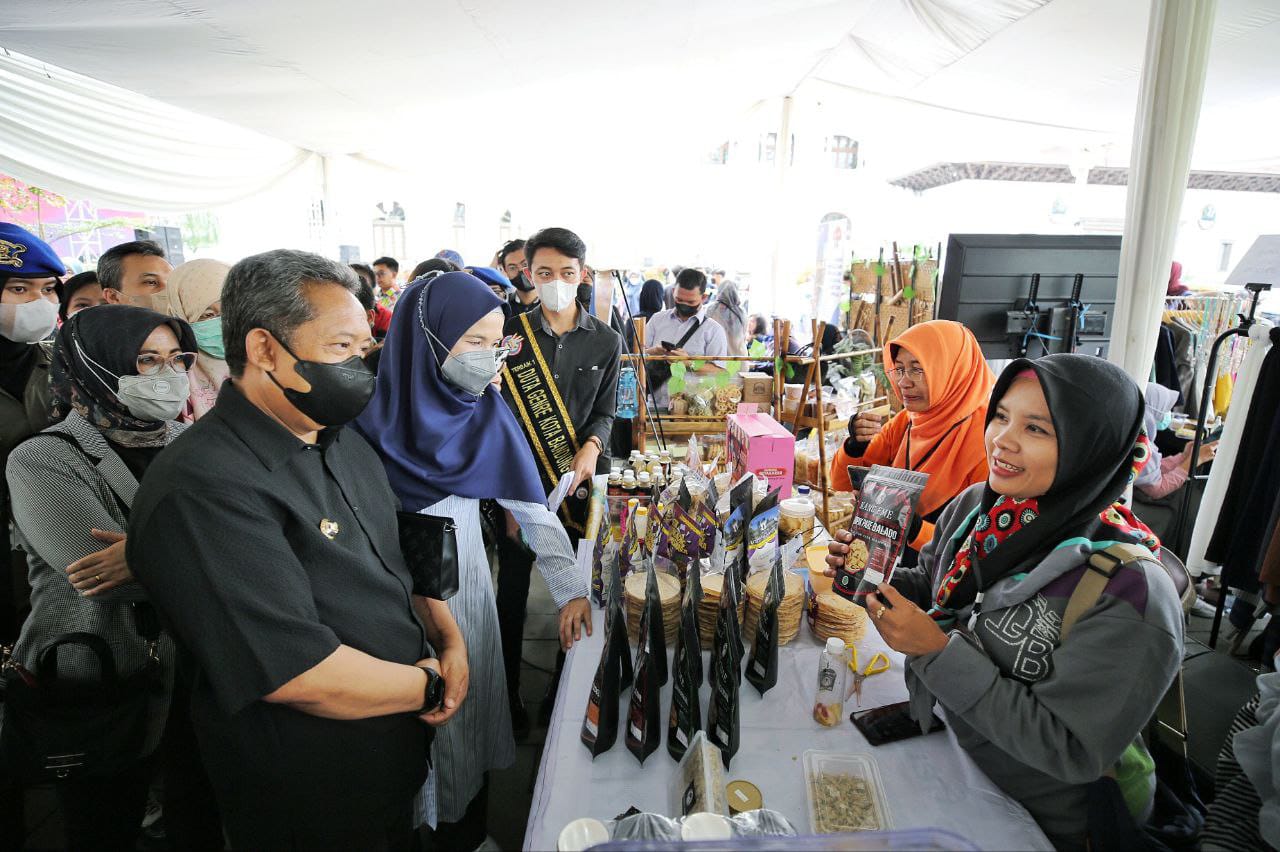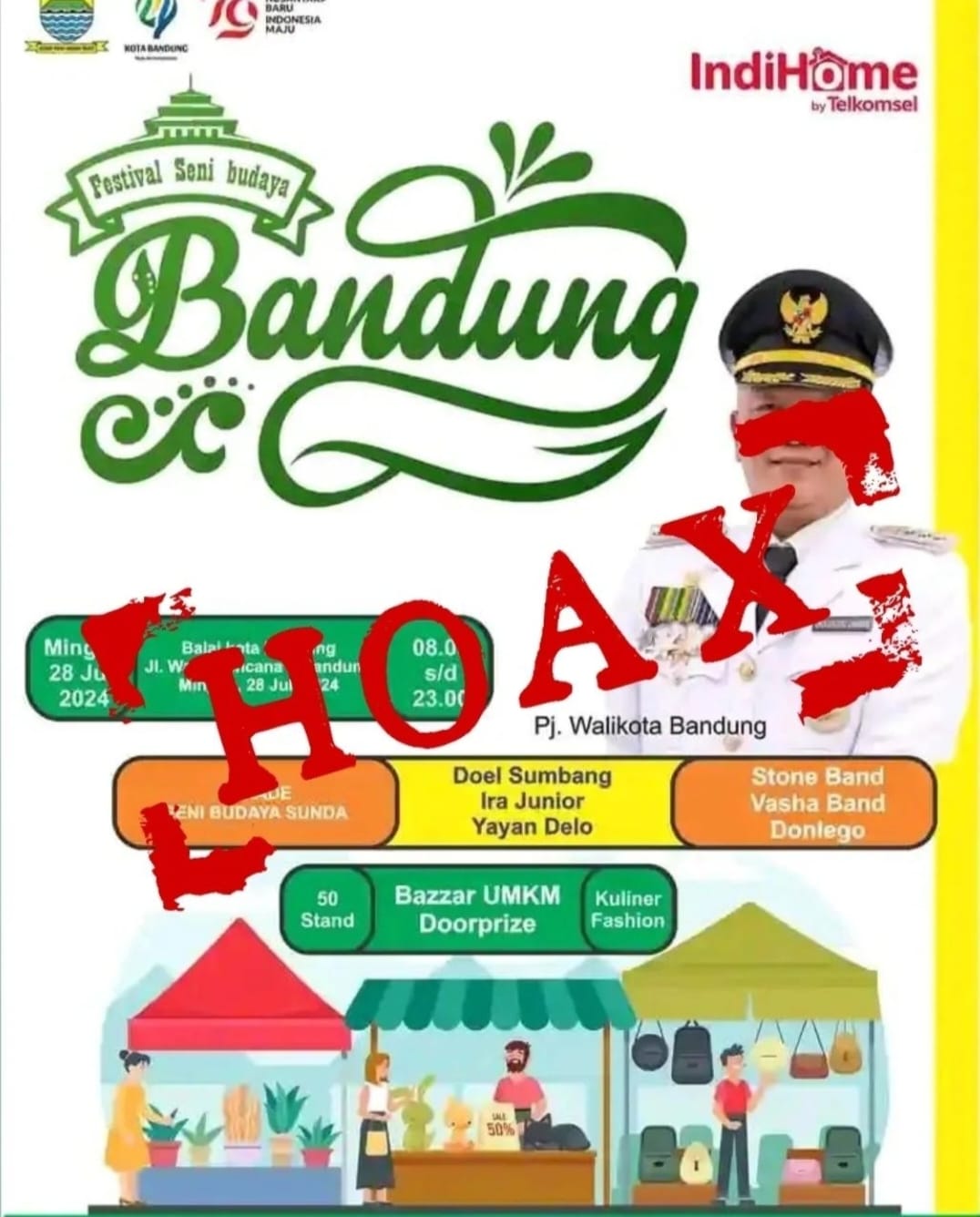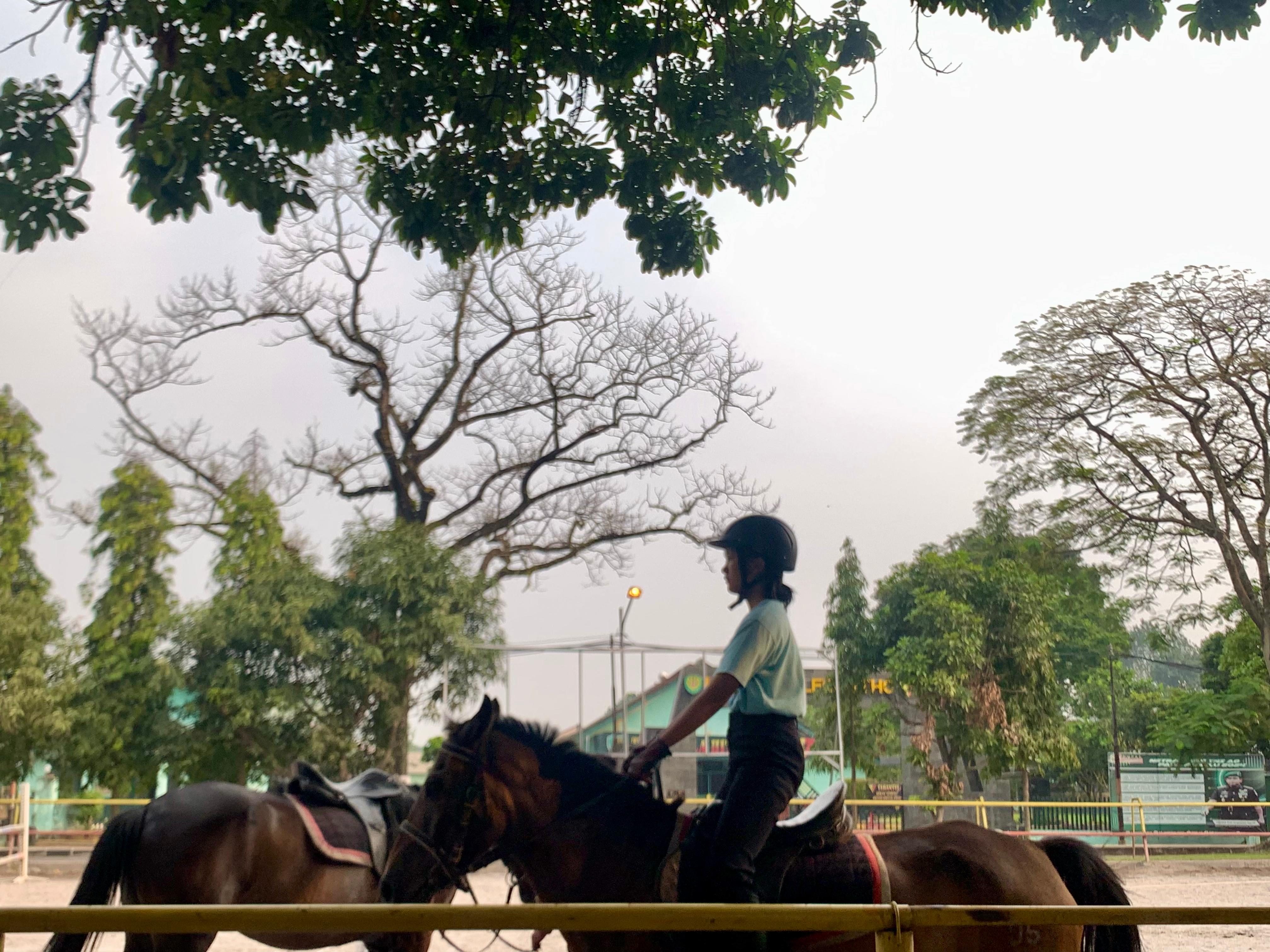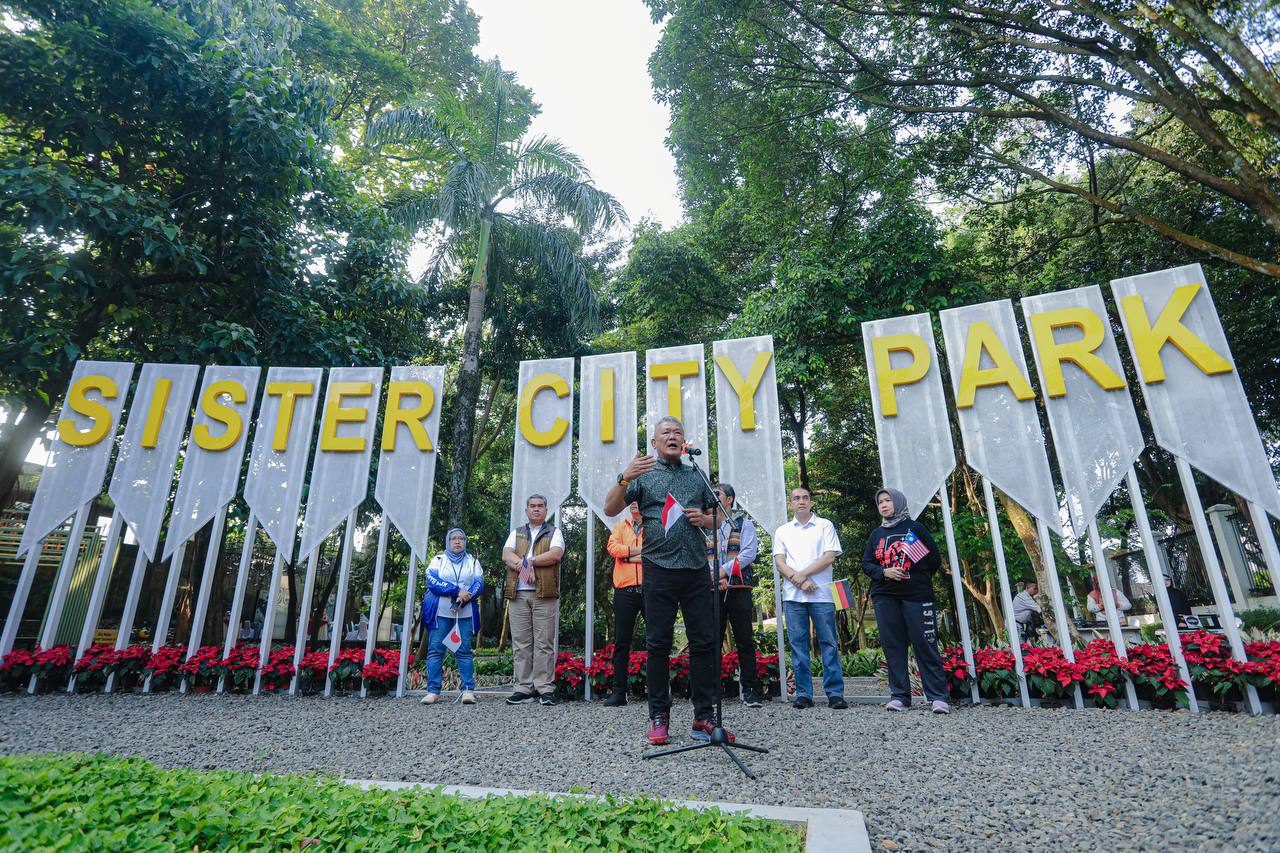Increase the Economic Value of Business Through Intellectual Property Rights
For business actors who want to boost their economic value, registering Intellectual Property Rights (IPR) can be one of the answers.

There are many benefits that can be obtained by business actors who have registered their brand to have IPR.
Met at the Grand Amazement event in Sabuga, Friday 27 January 2023, Head of West Java Kemenkumham Regional Office, R. Andika Dwi Prasetya said, his party was here to socialize MSME players to register the intellectual property of their products such as brands.
"It is important for them to protect it from legal aspects so that in the future when their work has good economic value, it will be difficult for unscrupulous people to take advantage of their brand illegally," said Andika.
Especially in the digitalization era like now, it has become important for business brands to have legal power. Because in the future, with a registered brand, the economic value will definitely be higher.
"We are sure that the registered brand will have a higher economic value. The product will be more valuable," he said.
Meanwhile, Civil Servant Intellectual Property Investigator at the West Java Ministry of Law and Human Rights, Hafni Zanna Dewi, explained several benefits that business actors get if they register their brand.
First, it is able to increase the economic value of goods whose brands have been registered.
Second, to be a differentiator from other brands. Third, increase credibility.
"It is safer and more protected to sell using the brand. Especially now that the brand certificate can be mortgaged to the bank," he said.
According to him, sometimes MSMEs often feel that they do not need to register their intellectual property because it is still on a small scale. However, he emphasized, it must be remembered that all efforts must start small.
"I'm worried that when it starts to develop, but they haven't registered the brand yet, if a case occurs, it will be difficult to maintain the brand," he said.
Therefore, business actors must be able to distinguish which intellectual property rights they wish to register. Because, the paradigm built by many people usually wants to patent their brand names. In fact, according to Hafni, these conditions are already three different things.
"In the intellectual property there are brands, patents, copyrights, industrial designs, layout designs of integrated circuits, geographical indications, and trade secrets. So, business people are free to choose which parts they want to register their IPR on," he explained.
He gave an example, cell phones have intellectual property rights in the form of brands. For the category of patents, there are chips and other things in the machine.
Then copyright, there is application software. As for the right integrated circuit layout design such as the chip inside the cellphone. Then, industrial design rights are adapted to the shape of the cellphone.
"Don't use the wrong term again. For example, I want to patent a brand. It can't be because we are talking about technology about a patent. As for brands, we are talking about the brand name," he explained.
To socialize IPR, the Ministry of Law and Human Rights is working with the KUKM Office, the Tourism Office, and the Trade Office. Moreover, there are two types of mark registration, first for the public, second for MSMEs.
"For trademark registration, the general category only includes a brand label, logo e-ticket, applicant's signature. Meanwhile, for MSMEs, the requirements for a statement and recommendation letter are added," he said.
All requirements and registration flow can be accessed at www.dgip.go.id. Business actors only have to choose according to what intellectual property rights they want to register.
Even so, he appealed to business people to keep registering their brand's intellectual property. Because HAKI adheres to a first to file system or prioritizes early applicants.
"It's not how long the brand has been used. Even though it's been 20 years using the brand, it turns out that someone has already registered the brand, so the initial user can't do anything," he explained.
When the goods have been registered, they will be processed from the center. Before the certificate is issued as the strongest legality, a printed receipt will be issued. The receipt will provide reinforcement if we have registered a brand.
"After all, now you can register online. Well... now how to prevent rejection, so we recommend consulting with our team before registering," he said.
Through consultation, his party can help provide basic knowledge of which brands cannot be registered and which ones are allowed. Trademarks that cannot be registered are brands that have similarities in whole or in part to brands.
"For example, there is the Biodef brand. I want to register the Bioduuff brand. That can't be done, it will definitely be rejected. Especially if the class is the same," he explained.
In addition, it is not permissible to use brand names that deviate from statutory regulations and religious norms.
"In the past, there were Bajingan and Kehed brands. If brands with obscene names are still found, it means that these brands have not been registered," he admits.
Registering IPR is not an obligation of a business. However, it will become mandatory in case of any.
For registration of brand rights for MSMEs, a fee of IDR 500,000 is charged. While for the general Rp. 1.8 million. This is valid for up to 10 years
"It must be extended D-6 months before the validity period of the certificate expires. The fee for an extension of 6 months before is Rp. 2,250,000. If it is over, the fee will increase to Rp. 4 million," he said.
He believes that in 10 years, the business will be bigger and growing. Especially with the protection that the state has provided for the brands of business actors is very maximum. So, that amount is a figure that is not too big when calculated for 10 years.
"IP registrants in West Java are the highest in Indonesia. This proves that our society or business actors are administratively orderly and care about intellectual property rights. This includes the city of Bandung," he added. (din)**
Head of the Bandung City Communication and Informatics Agency
Yayan A. Brilyana









